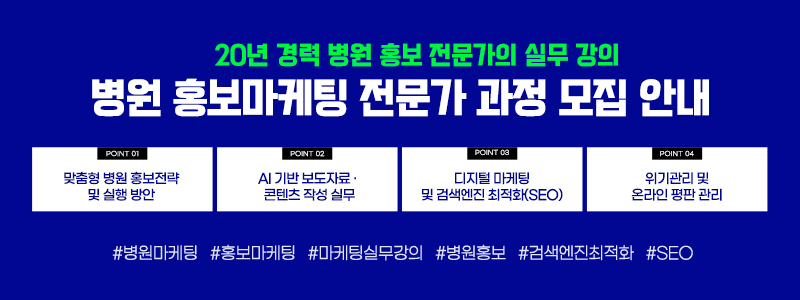The evaluation, which included 1,694 medical institutions nationwide, assessed 14 core indicators—such as patient evaluation rates for computed tomography (CT), magnetic resonance imaging (MRI), and positron emission tomography (PET); implementation of radiation dose reduction programs; and the rate of radiologist-led image interpretation.

With the growing use of radiation in diagnostic imaging, patient safety and quality control have become paramount. To address these concerns, South Korea launched its medical imaging oversight program in 2017, with full-scale implementation beginning in 2023.
Dr. Kye-chul Kwon , president of Sejong Chungnam National University Hospital, reaffirmed the hospital’s ongoing commitment to patient-centered care. “We will continue efforts to minimize radiation exposure and the side effects of contrast agents, while steadily improving the quality of our imaging services,” he stated.
Lim Hye Jung, HEALTH IN NEWS TEAM
press@hinews.co.kr





